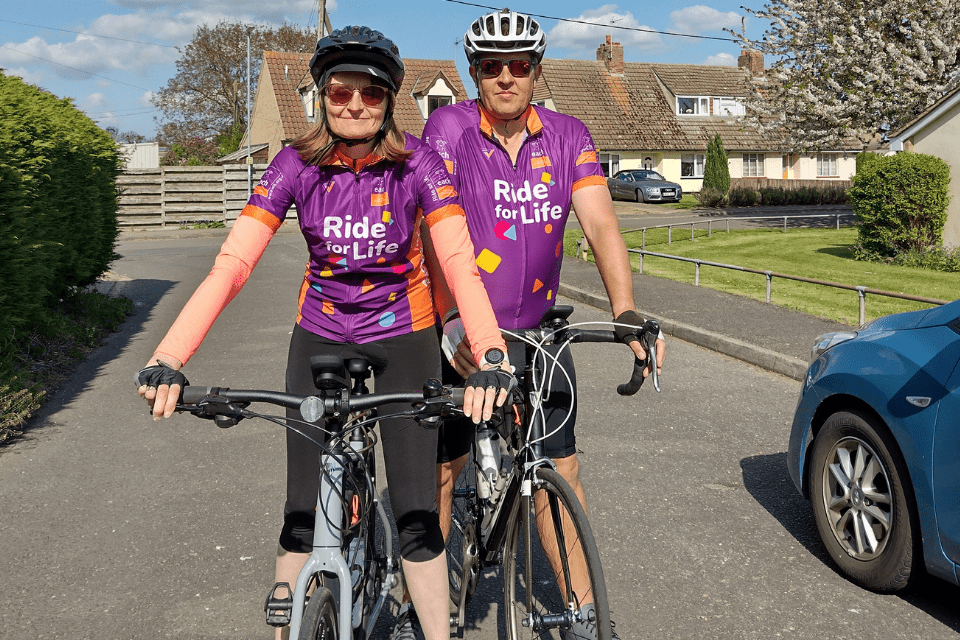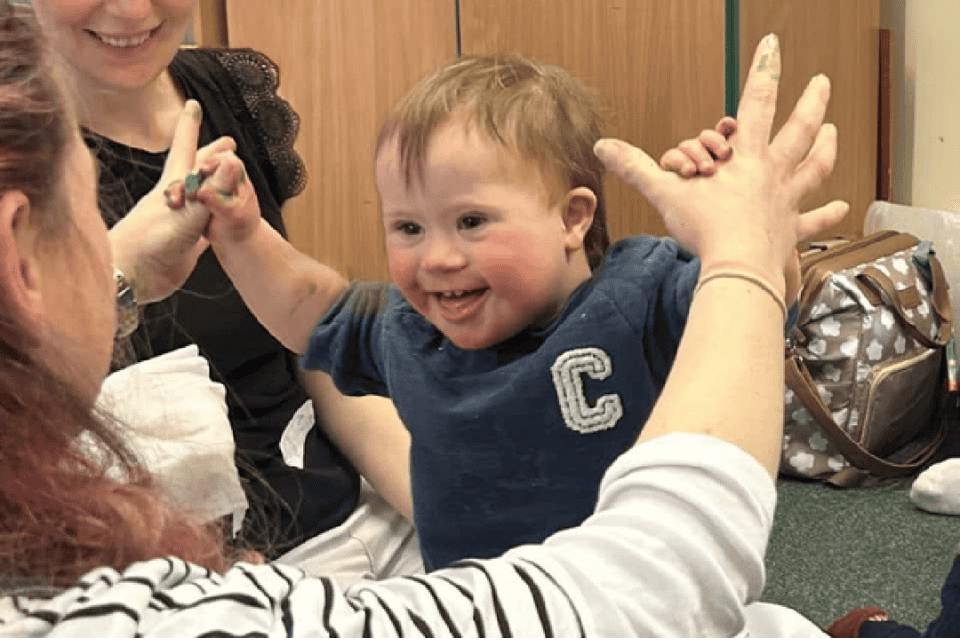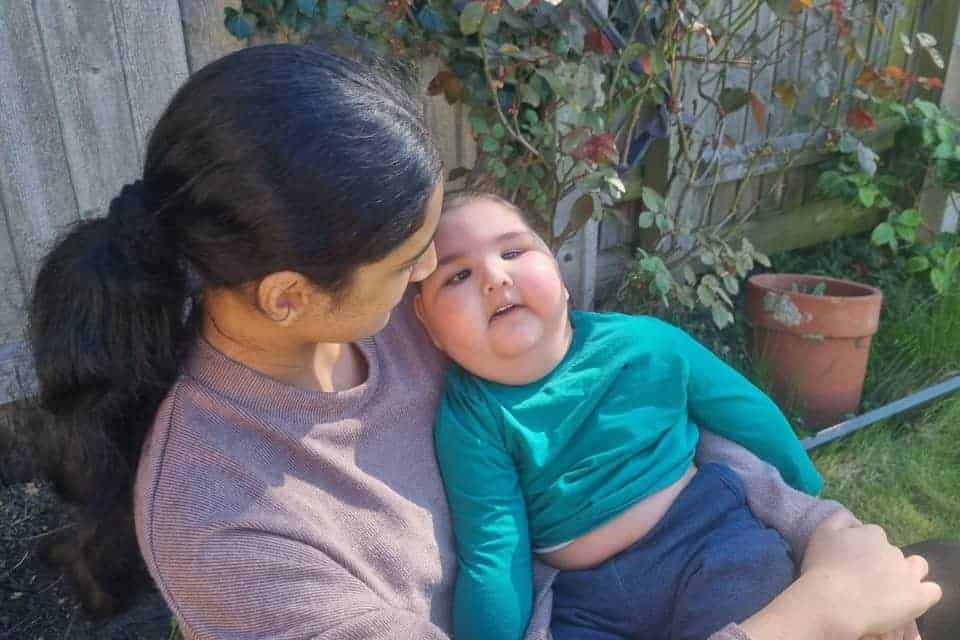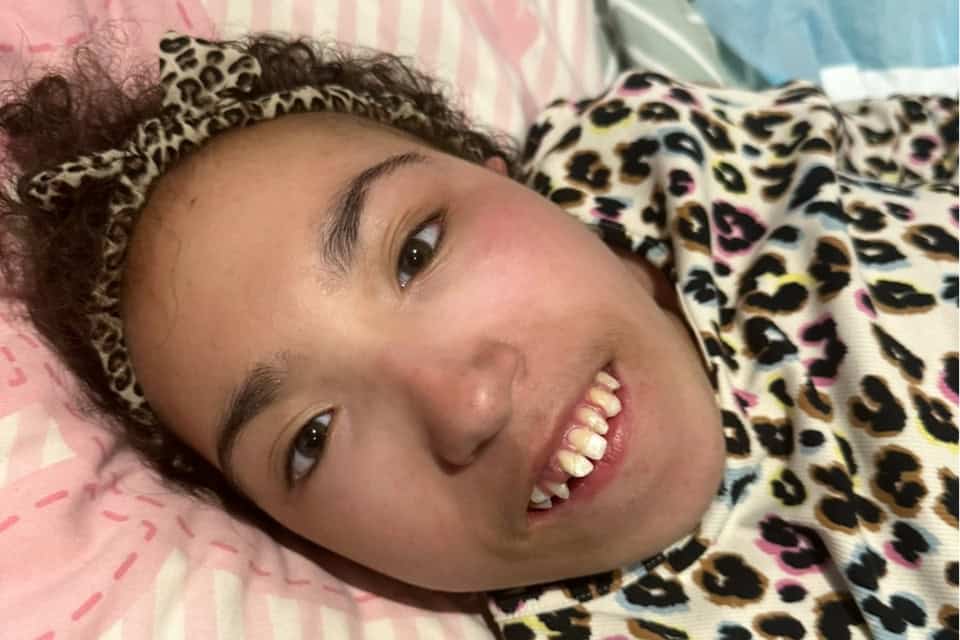Est. read time: 2-3 minutes.
Henry and Jane Wright have spoken of their “debt of gratitude” to East Anglia’s Children’s Hospices (EACH).
The charity provided end-of-life care for their four-year-old son, Douglas, before his death in February 2018. He had more than a year of treatment after being diagnosed with neuroblastoma – a rare type of cancer that mostly affects babies and young children. EACH then supported Jane, Henry and daughter Clara (then aged seven), who live in Little Downham, near Ely.
“I’m the first to admit I was very wrong about what a children’s hospice entails,” said Henry. I thought it was all about palliative care and essentially where someone goes to die. I didn’t know about all the other things EACH provides. The team were there for us at the end and have continued to be ever since, if I picked the phone up tomorrow, I’m certain help would be at hand.
“We’ve been to support groups, had bereavement counselling and Clara has attended sibling days, like the trip to Clip n’ Climb, in Cambridge. There wasn’t anyone at school she could speak to, so the sibling groups gave her an opportunity to chat to other brothers and sisters who had experienced something similar.”
Jane is similarly positive and grateful for the care and support provided during such a difficult time in their lives. She said: “When Douglas laughed, you couldn’t help but laugh with him. He was a beautiful, funny, loving, eccentric, strong-willed little boy. The support from EACH was invaluable and we owe them a debt of gratitude we can never repay. They were there every step of the way and it’s not something we expected.
“At first it was alarming to be offered the services of a hospice when we were still hopeful treatment could cure Douglas. However, it was explained that children’s hospices don’t just offer end-of-life care. The hospices are eye-opening places but they’re certainly not depressing. Far from it. It’s not a clinical environment, like a hospital.
“The wonderful nurses visited us, often several times a day, and that support didn’t stop when Douglas died. They helped us with admin, thinking about funeral arrangements and then later with counselling and bereavement groups. That ongoing support has helped so much.”





